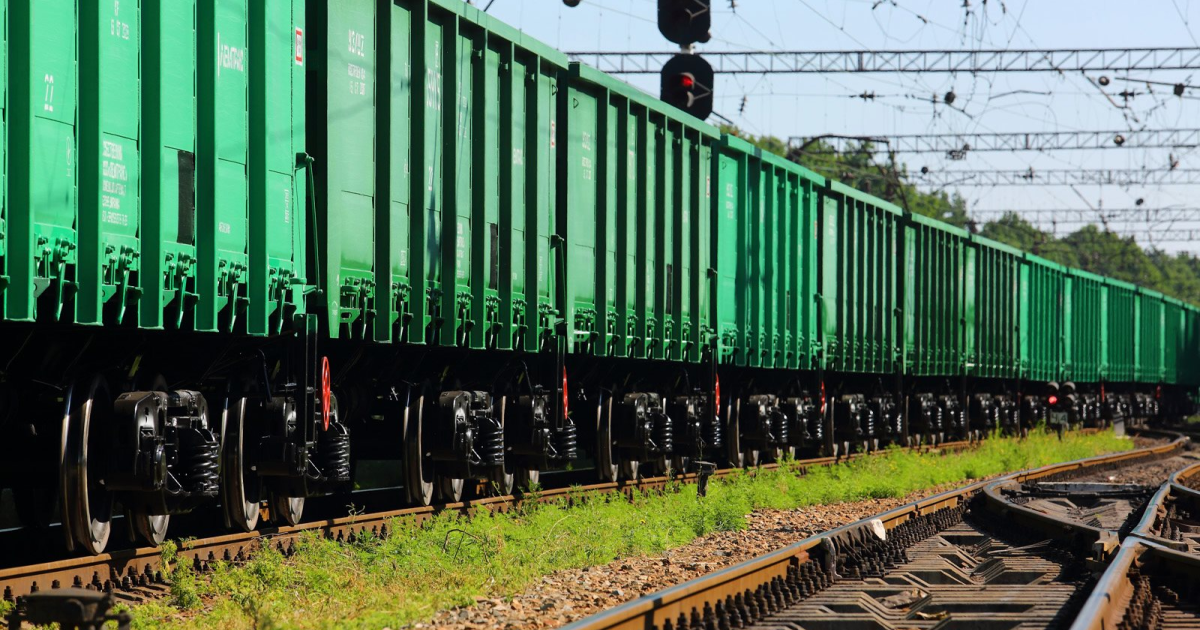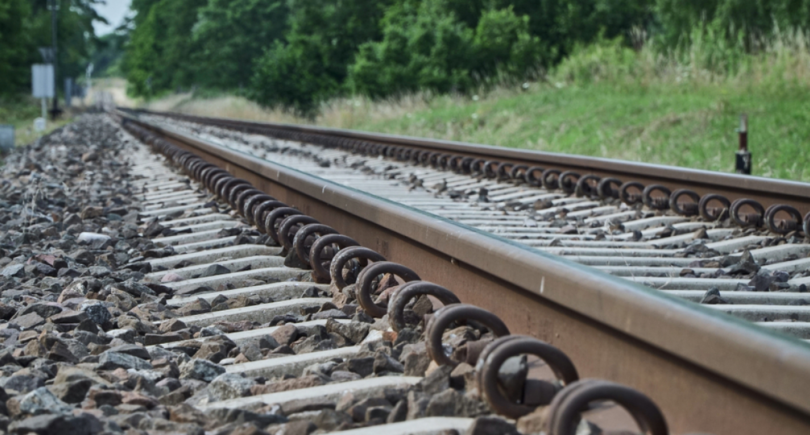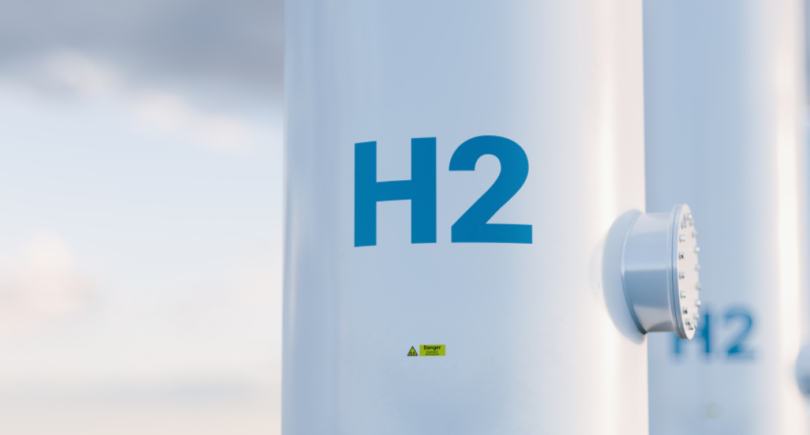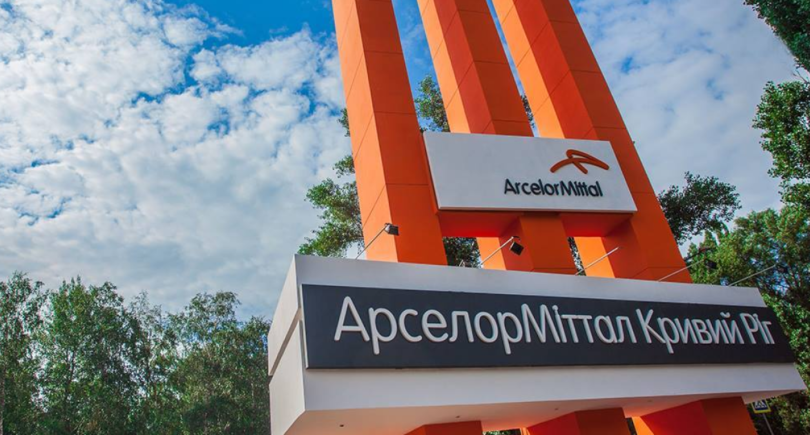
News Infrastructure freight transportation 1274 23 January 2023
Further integration of railway transport requires not only the adoption of regulations, but also significant investments
In order to increase the transportation of Ukrainian goods to Europe, the greatest attention should be paid to the quality of processes and the speed of passing control procedures. Valerii Adrianov, Director of Strategy and Development of Levada Cargo, which is part of the Lemtrans group, said about it in an interview with the international maritime magazine «Shipping».
According to Valery Andrianov, neither the Ukrainian nor the European border infrastructure has ever worked in the mode in which it has been operating for the past 11 months.
“That is, it is very difficult to objectively assess the effectiveness in the current wartime conditions. Indeed, the railway infrastructure at the western border crossings, which was not designed for the resulting cargo traffic, took on the greatest challenge and loads.
And with this in mind, I believe that the infrastructure has been handling today’s challenges admirably,” he said.
The director of strategy and development of Levada Cargo noted that many local and systemic problems in the border infrastructure are gradually being resolved.
In his opinion, the greatest attention should be paid to the quality of processes and speed of control procedures. Levada Cargo is a member of the logistics committee of the European Business Association, which enabled the company to propose a plan of measures to improve work efficiency.
In addition, Valerii Adrianov focused on the possibility of European infrastructure to serve the existing cargo flow – it is not about border crossings, but about the functioning of corridors in the direction of EU ports, large recipients.
“The entire situation has revealed serious problems in the EU transport system, even aside from Ukrainian cargoes. We do hope that a collapse can be avoided and that our partners will be able to take advantage of the situation and make changes and improvements in the operation of their transport system,” noted the representative of Levada Cargo.
Valerii Adrianov outlined a vector of projects capable of ensuring the competitiveness of Ukrainian transportation in the future. In his opinion, all of them should be revised taking into account the current realities – the needs of the post-war reconstruction of the energy, transport, and civil infrastructure. And the main approach should be the formation of a new, modern and energy-efficient infrastructure.
For the most integrated and globalized sectors of transport – sea and river ports, road and air transport – development and integration at this stage depend mainly on legal aspects, liberalization of markets, adoption of common regulations, etc.
“For transport systems that are less integrated and globalised due to significant technical and infrastructural differences, further integration requires not only the adoption of regulations, but also significant investment. This is the case primarily with railway transportation services, especially freight transport,” Valerii noted Adrianov
Every possible project should contribute to the development of Ukraine’s foreign trade.
Projects that the director of strategy and development of Levada-Cargo currently sees as promising for investment are those aimed at the development of Ukraine’s foreign trade and the containerization of cargo flows. He also singled out investments in the development of river transport and existing ports of the Danube region, the creation of a river port, a multimodal terminal in the Danube region.
Valerii Adrianov predicted a post-war increase in cargo turnover of Ukrainian ports, which will be leaders in the Black Sea region. A number of factors will contribute to this, in particular, the long-term flow of imported goods for the recovery of Ukraine and the influx of investments in processing and transport infrastructure.
About the problems in the legislation regarding freight transportation, the representative of Levada-Cargo noted the need to completely regulate the activities of truck carriers, balancing the market and making it transparent.
In addition, together with neighboring countries, it is worth developing regulations and processes that will make it possible to simplify, speed up and make border control common.
All market participants should also be able to forecast their expenses based on the cost of rail transportation, the process of forming the tariff policy should be as transparent and understandable as possible. In his opinion, the Law «On railway transport» should be adopted, and the reform of Ukrzaliznytsia should be carried out in accordance with the EU acquis. In addition, the procedure for the preparation and implementation of public-private partnership projects needs to be formed and consolidated at the legislative level.
The Lemtrans group, which includes Levada-Cargo, together with a partner launched the Mostyska cargo terminal (CTM) on the border of Ukraine and Poland in 2022, which is capable of additionally processing up to 5 million tons of various cargoes annually. In addition, a grain terminal was completed, which can handle 60,000 tons of grain per month.
As GMK Center reported earlier, UZ in 2022 transported 150.6 million tons of cargo, which is 52.1% less than in 2021. In 2022, the share of export transportation was 39.5% (-47.1% y/y), import – 8.2% (-69.5% y/y).




